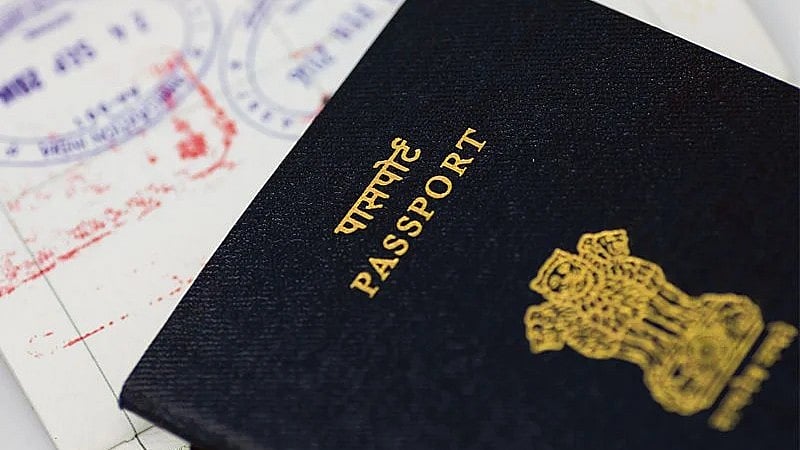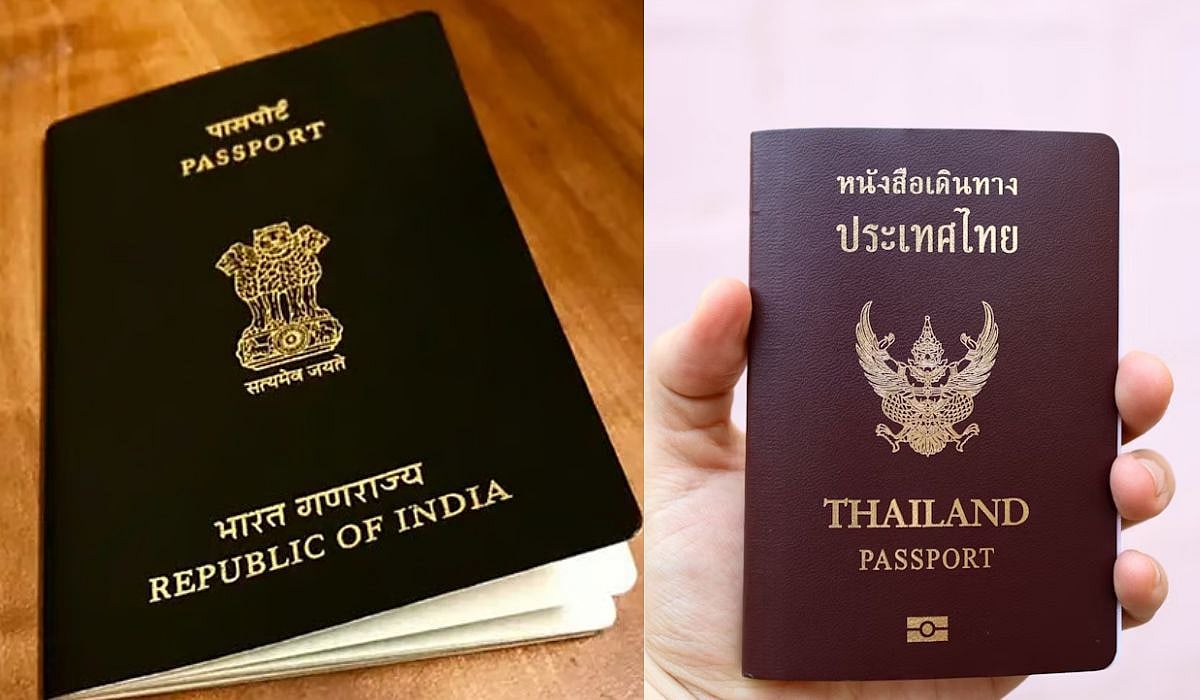A number of countries mandate that travellers possess a passport valid for at least six months beyond the duration of their intended stay.
According to the six-month rule, passengers must hold a passport that remains valid for a minimum of six months beyond their planned departure date from a foreign country. This requirement helps prevent issues such as overstaying a visa or facing problems due to an expired or soon-to-expire passport.
The rule also enables countries to maintain better control over immigration and manage the flow of travellers more effectively.
Having a passport with extended validity allows immigration authorities to verify travellers’ identities and assess their intentions more clearly. Failure to meet this requirement may result in denied entry into the foreign country.
If your passport does not meet the validity requirement, you may need to pay for expedited passport processing fee or face additional travel-related costs, such as rebooking flights or accommodation.
Planning To Travel? Check If Your Destination Enforces The Six-Month Passport Validity Rule
If you're planning to visit any of the countries listed below, check your passport’s expiry date in advance, or risk being turned away at the airport.
China
India
Indonesia
Malaysia
Thailand
Vietnam
Afghanistan
Bahrain
Bangladesh
Bhutan
Brunei
Cambodia
Iran
Iraq
Israel
Jordan
Kuwait
Kyrgyzstan
Laos
Mongolia
Myanmar
Nepal
Oman
Pakistan
Philippines
Qatar
Saudi Arabia
Singapore
South Korea
Sri Lanka
Taiwan
Tajikistan
Timor-Leste
Turkmenistan
United Arab Emirates
Yemen
Egypt
Kenya
Tanzania
Algeria
Angola
Botswana
Burundi
Cameroon
Central African Republic
Chad
Congo
Cote d'Ivoire
Djibouti
Equatorial Guinea
Eritrea
Ethiopia
Gabon
Guinea
Guinea-Bissau
Madagascar
Malawi
Mauritania
Mozambique
Namibia
Nigeria
Republic of the Congo
Rwanda
Sao Tome and Principe
Somalia
South Sudan
Sudan
Uganda
Zambia
Zimbabwe
Brazil
Ecuador
Guyana
Peru
Suriname
Venezuela
Fiji
Kiribati
Marshall Islands
Palau
Papua New Guinea
Samoa
Solomon Islands
Tonga
Tuvalu
Vanuatu











